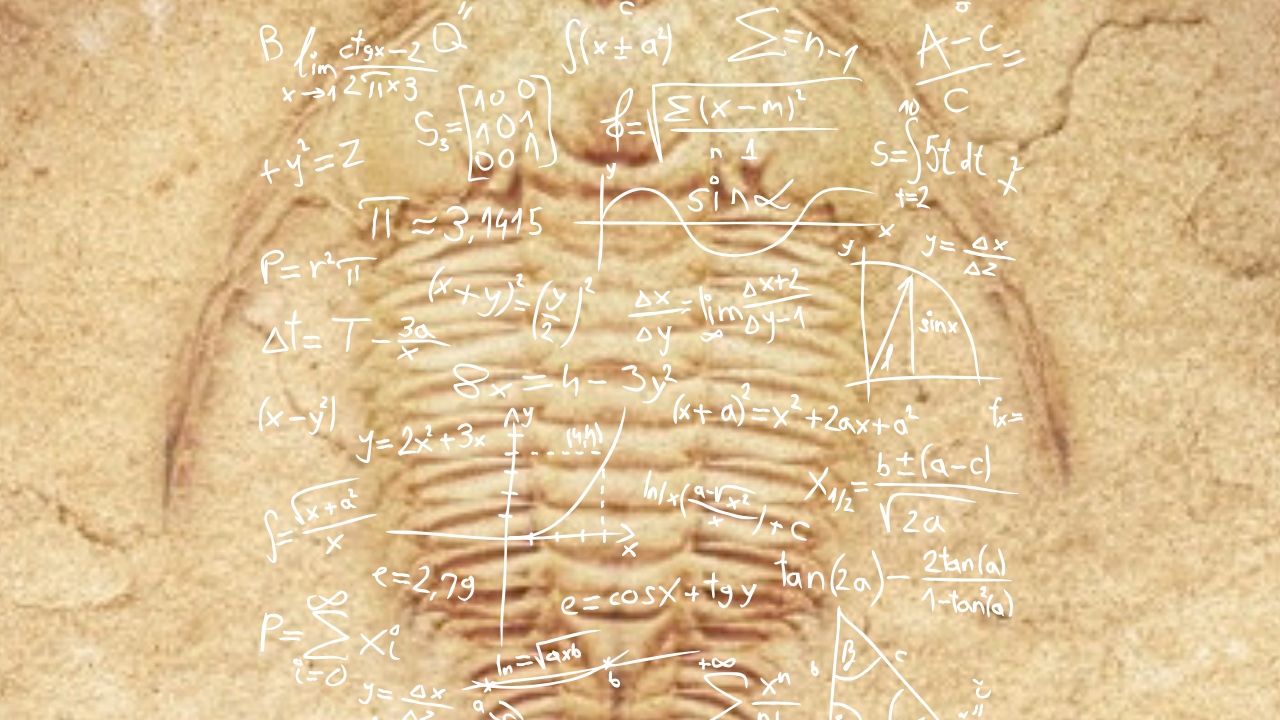

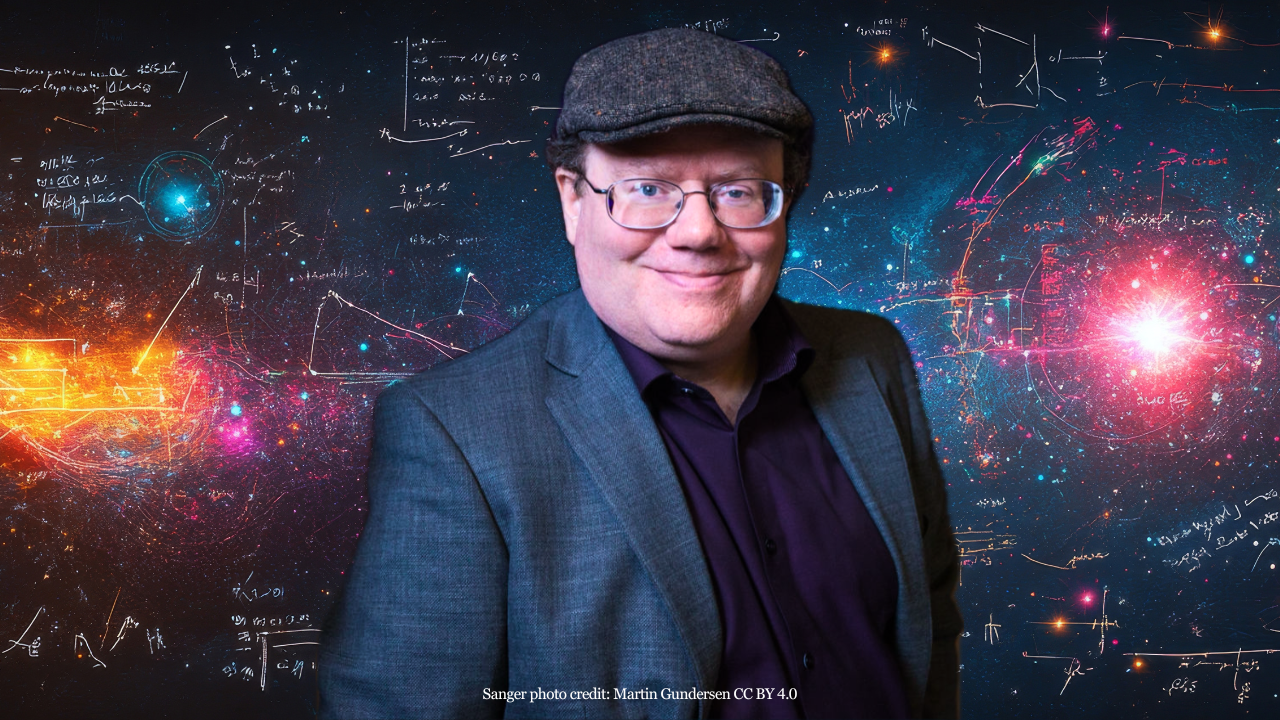
Skeptic to Believer: Wikipedia Co-Founder Larry Sanger’s Intellectual Journey

Why the “Universe From Nothing” Model Points to Intelligent Design

Faith, Reason, and the Search for Truth: Stephen Meyer and Michael Shermer

Can Science Find God? Stephen Meyer vs. Michael Shermer
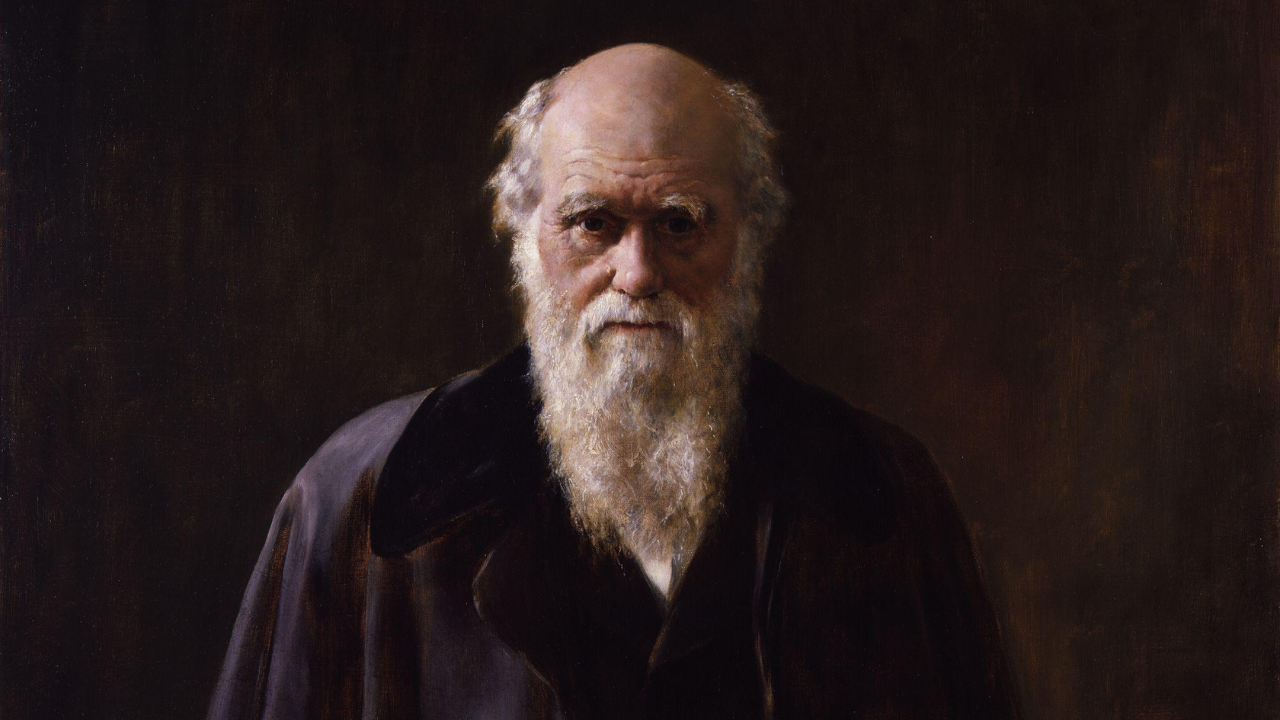
How to Celebrate Darwin Day When “Modern Darwinism is Broken”

Why Evolution’s Selection/Mutation Mechanism Fails
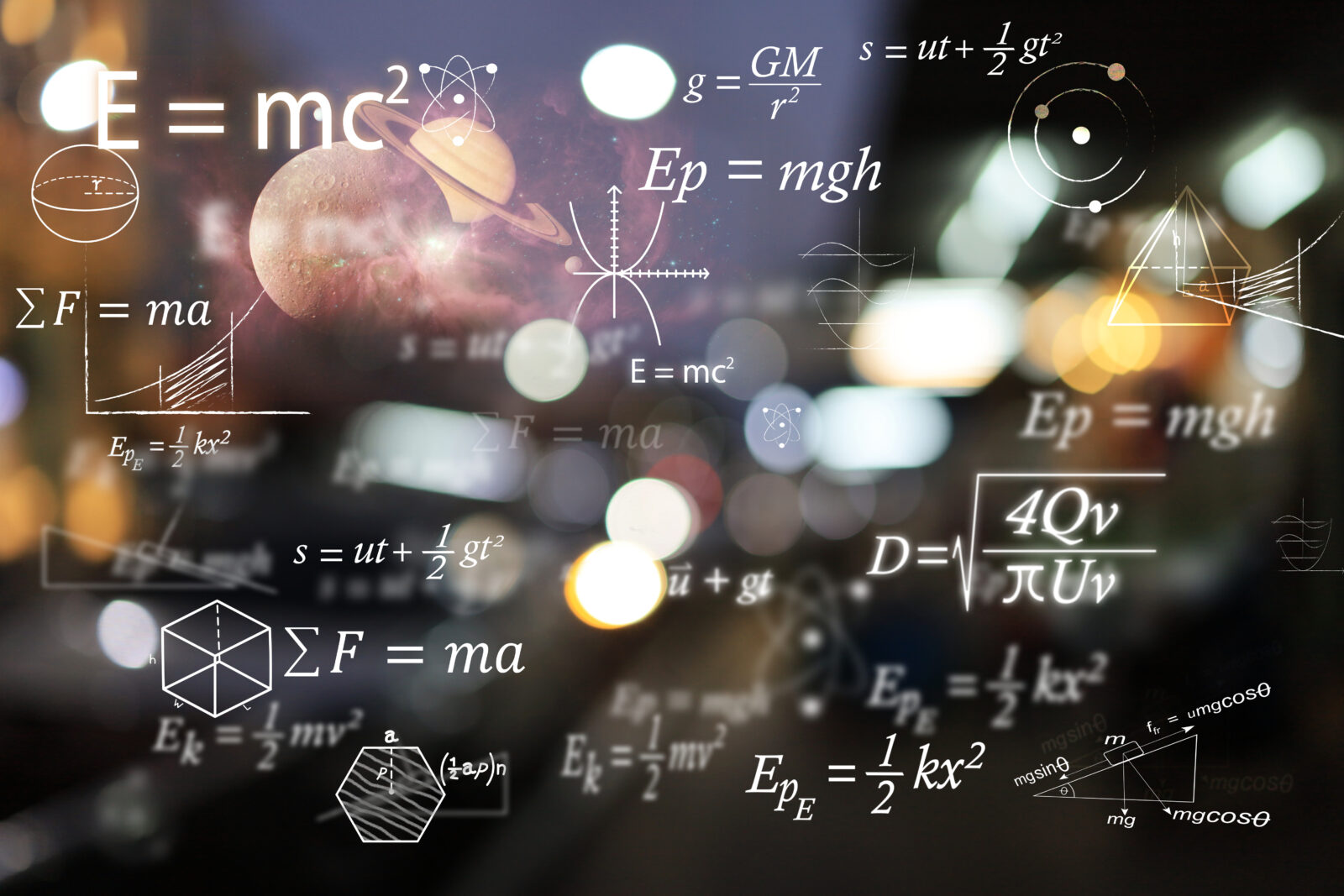
Stephen Meyer: Do Miracles Violate the Laws of Physics?
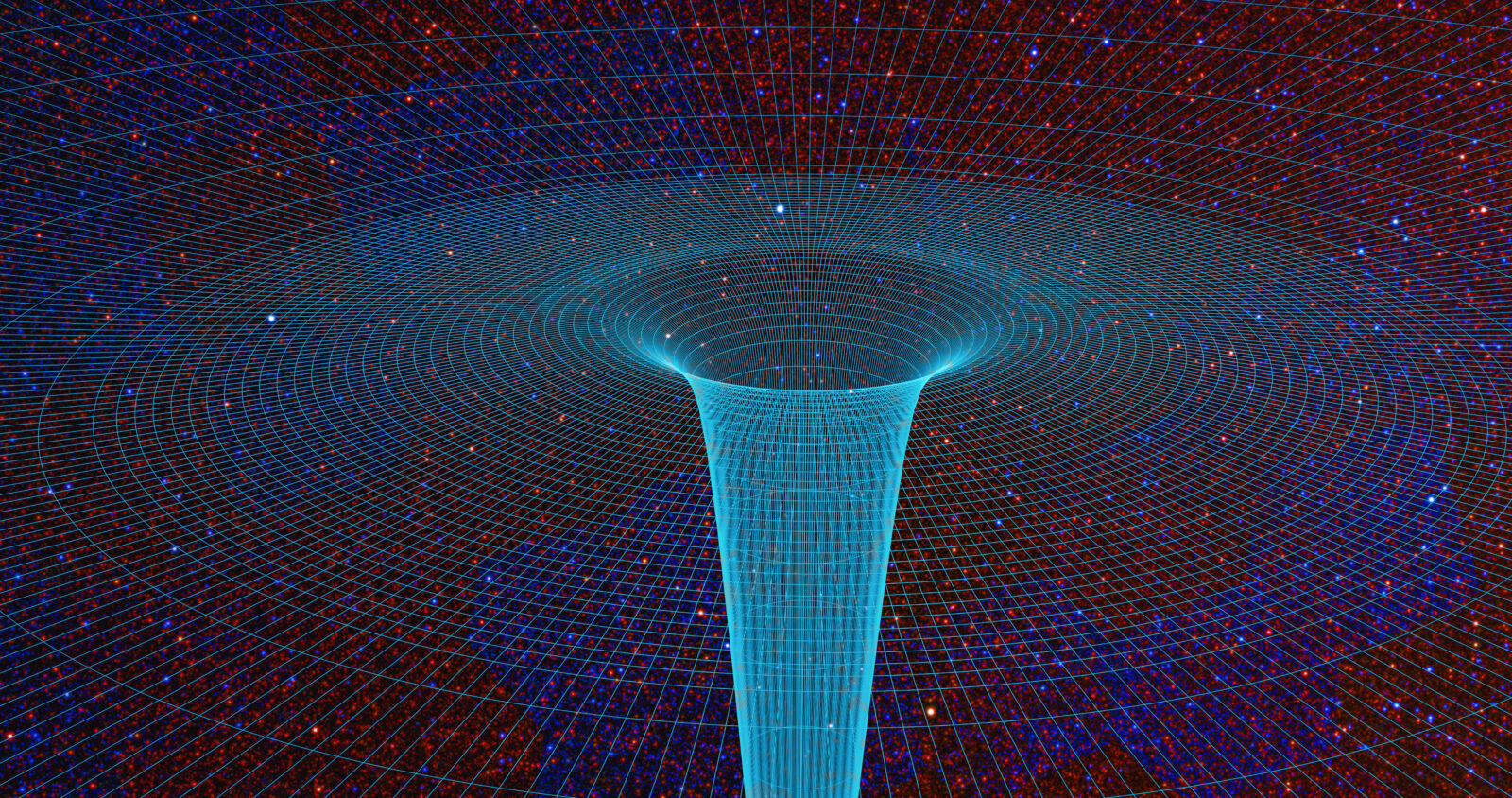
Stephen Meyer: Can There Be a Theory of Everything?
On today’s ID The Future, philosopher of science Dr. Stephen Meyer continues his conversation with Praxis Circle’s Doug Monroe. In this section of a multi-part interview, Dr. Meyer discusses two of the crucial arguments of his latest book Return of the God Hypothesis: the information embedded in DNA code that demands an explanation, and the fine-tuning of the physical properties of the universe and what’s wrong with recent attempts to explain that fine-tuning by resorting to a theory of multiple universes. Dr. Meyer also addresses the question: can there be a theory of everything? Dig Deeper
